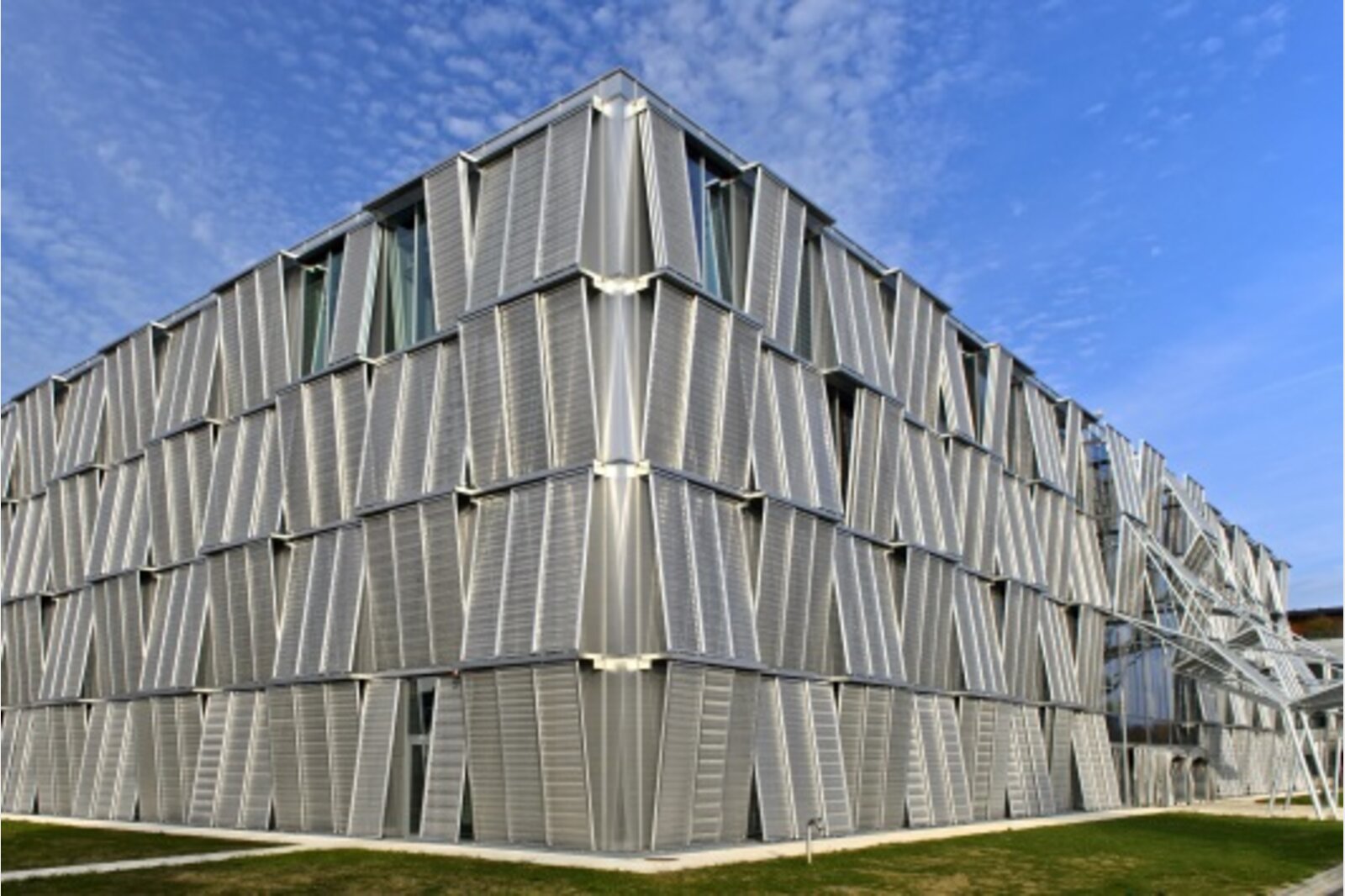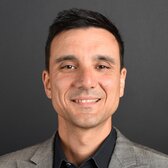Press release regarding judgment A-2359/2018, A-2852/2018, A-2863/2018
EPF Lausanne: supplementary course is legal
The supplementary course at EPF Lausanne for first-year students is not arbitrary and does not lead to unequal treatment. The Swiss Federal Administrative Court approves the appeals lodged by EPF Lausanne against the decisions of the Appeals Commission and three students.

If students at the Swiss Federal Institute of Technology Lausanne (EPFL) achieve an average grade below 3.5 (4.0 is satisfactory and 6 beeing the highest mark) for all examinations of the first semester, they are obliged to attend a supplementary course, which is held in the second semester and is the same for all students of all courses. If students fail in the supplementary course, EPFL excludes them completely from their studies.
Students oppose against the supplementary course
A number of students who were excluded in July 2017 lodged a complaint with the ETH Appeals Commission, which agreed with their claim in spring 2018. They argued that the supplementary course was illegal as there was not at least one formal legal basis, such as the ETH Act. The students also believe that the architecture course attaches too much importance to mathematical knowledge. They further claimed that the course was ultimately arbitrary and would lead to unequal treatment. The EPFL then appealed three similar decisions of the ETH Appeals Commission to the Swiss Federal Administrative Court (FAC), two of them concerning students of architecture and one concerning a student of computer science.
Judgment of the FAC
Following the reorganisation of the Swiss education sector in 2006 and the amendment of the ETH Act, EPF Lausanne and ETH Zurich have the legal competence for regulating the offered education. Coordination provisions that apply to all Swiss universities remain reserved.
In these particular cases, the FAC therefore comes to the conclusion that EPFL is empowered to regulate its own conditions under which its examinations and courses are considered passed. The supplementary course is part of this framework and does not result in an alleged numerus clausus, nor does it affect the actual admission to EPFL.The supplementary course rather aims to get the students' knowledge to the level required. It is not arbitrary, nor does it lead to unequal treatment. Consequently, the three rulings of ETHL, which determine the failure of the supplementary course and exclude the students in question from the course, are legal. The court therefore annuls the decisions of the ETH Appeals Commission.
These judgments may be appealed to the Swiss Federal Court.
Contact

Rocco Maglio
Press secretary
